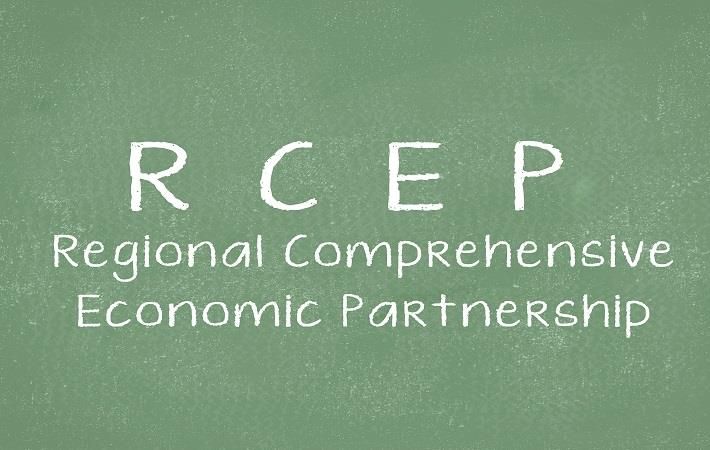India has decided not to join the Regional Comprehensive Economic Partnership (RCEP). “When I measure the RCEP agreement with respect to the interests of all Indians, I do not get a positive answer. Therefore, neither the Talisman of Gandhiji nor my own conscience permit me to join RCEP”, Prime Minister Narendra Modi said in Bangkok today, as per a tweet by an Indian journalist.
After several days of intense negotiations, India has finally decided to stay out of the 16-nation Regional Comprehensive Economic Partnership (RCEP)—a proposed free trade agreement (FTA) between ten member states of the Association of Southeast Asian Nations (ASEAN) and its six FTA partners viz. China, Japan, India, South Korea, Australia and New Zealand.#
Modi, who is attending the Association of Southeast Asian nations (ASEAN) summit in Bangkok, reportedly stood firm on India’s concerns in the trade deal not being addressed and decided there cannot be any compromise on core interests.
After several days of intense negotiations, India has finally decided to stay out of the 16-nation Regional Comprehensive Economic Partnership (RCEP)—a proposed free trade agreement (FTA) between ten member states of the Association of Southeast Asian Nations (ASEAN) and its six FTA partners viz. China, Japan, India, South Korea, Australia and New Zealand.#
India is worried its small businesses would be badly affected by flooding of cheap Chinese goods. Modi reiterated India's concerns during talks with ASEAN leaders yesterday, highlighting the need for ‘meaningful market access for all parties’.
After several days of intense negotiations, India has finally decided to stay out of the 16-nation Regional Comprehensive Economic Partnership (RCEP)—a proposed free trade agreement (FTA) between ten member states of the Association of Southeast Asian Nations (ASEAN) and its six FTA partners viz. China, Japan, India, South Korea, Australia and New Zealand.#
According to a report by a leading Indian TV channel, the decision to stay away from the pact was arrived at after key issues—inadequate protection against import surge, insufficient differential with China, possible circumvention of rules of origin, keeping the base year as 2014 and no credible assurances on market access and non-tariff barriers—could not be resolved during the talks over the weekend.
After several days of intense negotiations, India has finally decided to stay out of the 16-nation Regional Comprehensive Economic Partnership (RCEP)—a proposed free trade agreement (FTA) between ten member states of the Association of Southeast Asian Nations (ASEAN) and its six FTA partners viz. China, Japan, India, South Korea, Australia and New Zealand.#
The RCEP is a trade deal that was under negotiation among 16 countries—the 10-member ASEAN and the six countries with which the ASEAN bloc has free trade agreements. These included Australia, China, South Korea, Japan and New Zealand.
After several days of intense negotiations, India has finally decided to stay out of the 16-nation Regional Comprehensive Economic Partnership (RCEP)—a proposed free trade agreement (FTA) between ten member states of the Association of Southeast Asian Nations (ASEAN) and its six FTA partners viz. China, Japan, India, South Korea, Australia and New Zealand.#
The negotiations were first launched at the 2012 ASEAN Summit in Cambodia.
After several days of intense negotiations, India has finally decided to stay out of the 16-nation Regional Comprehensive Economic Partnership (RCEP)—a proposed free trade agreement (FTA) between ten member states of the Association of Southeast Asian Nations (ASEAN) and its six FTA partners viz. China, Japan, India, South Korea, Australia and New Zealand.#
Fibre2Fashion News Desk
